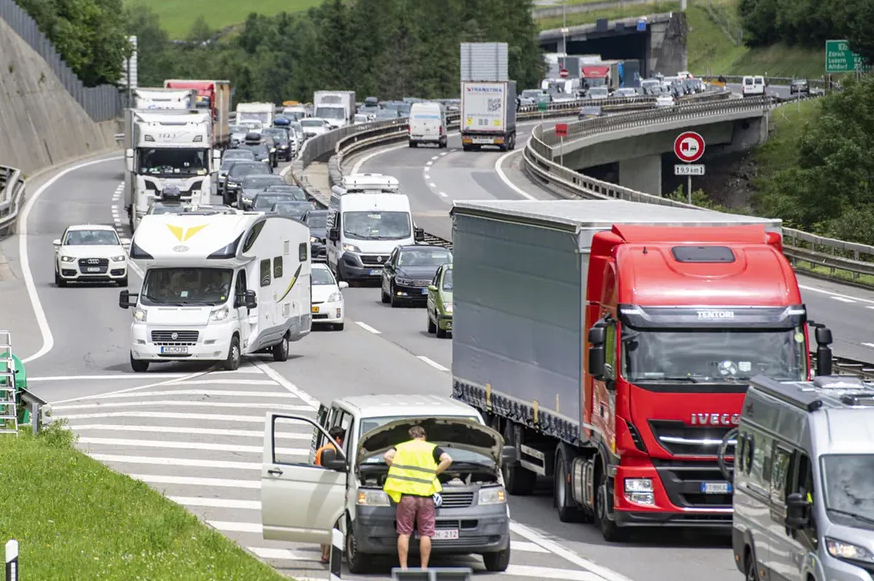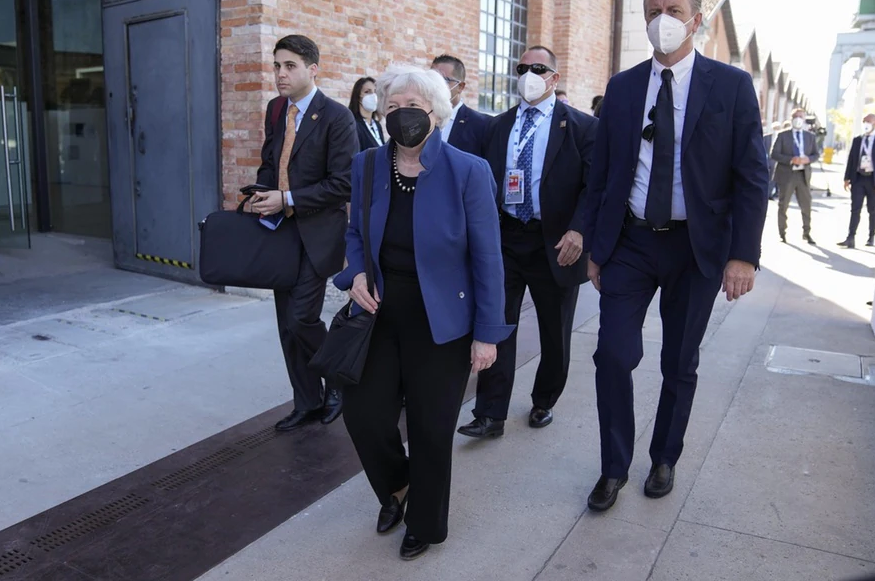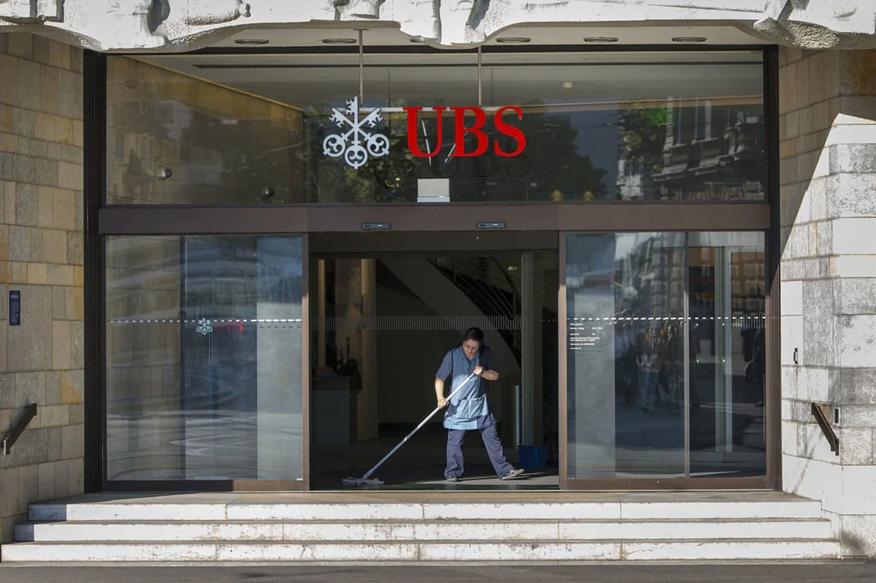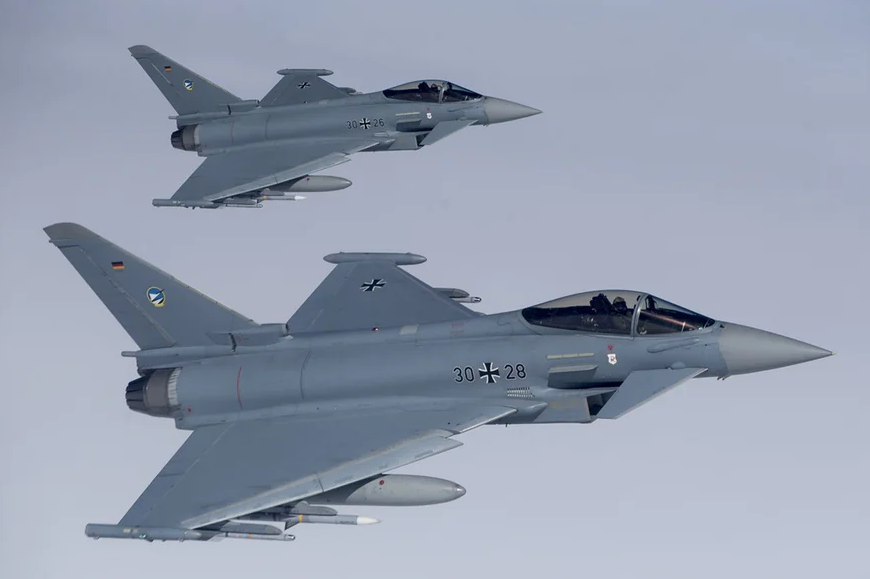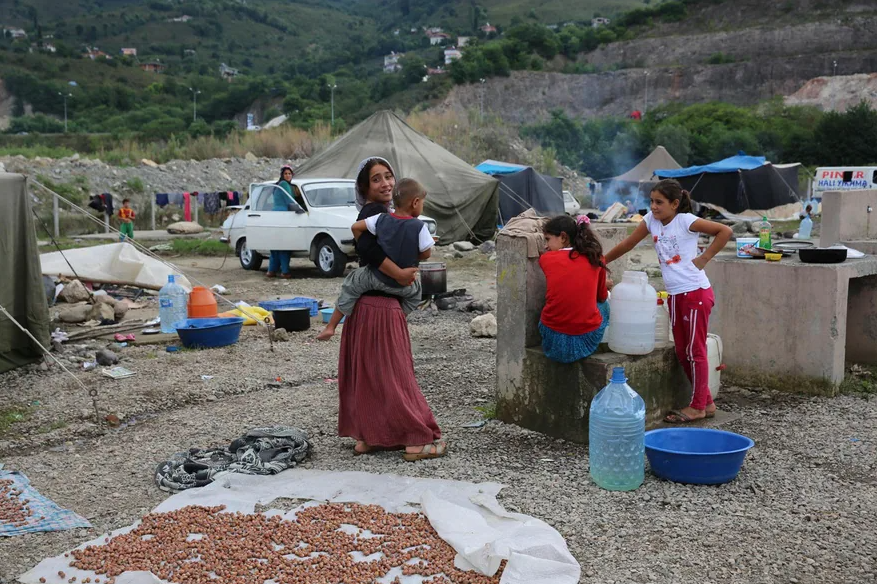Under an extreme scenario, Switzerland’s electricity supply could be interrupted for up to 500 hours © Keystone / Gaetan Bally If progress is not made on an electricity agreement with the European Union, at least at a technical level, Switzerland is likely to face a significant problem guaranteeing electricity in the short and medium term, especially in winter. This is the conclusion of an external report on supply security, presented to the government on Wednesday. The report examined the consequences of three scenarios: completely renouncing cooperation with the EU, reaching at least technical agreements with neighbouring countries, and doing an electricity deal with the EU. In the worst-case situation (no cooperation), the situation would become critical by
Topics:
Swissinfo considers the following as important: 3.) Swissinfo Business and Economy, 3) Swiss Markets and News, Featured, Latest News, newsletter
This could be interesting, too:
Nachrichten Ticker - www.finanzen.ch writes Die Performance der Kryptowährungen in KW 9: Das hat sich bei Bitcoin, Ether & Co. getan
Nachrichten Ticker - www.finanzen.ch writes Wer verbirgt sich hinter der Ethereum-Technologie?
Martin Hartmann writes Eine Analyse nach den Lehren von Milton Friedman
Marc Chandler writes March 2025 Monthly
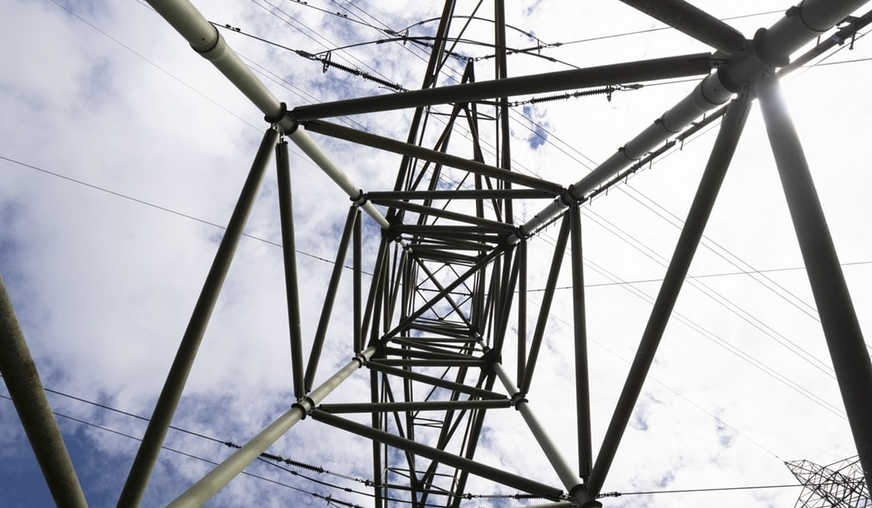
Under an extreme scenario, Switzerland’s electricity supply could be interrupted for up to 500 hours © Keystone / Gaetan Bally
If progress is not made on an electricity agreement with the European Union, at least at a technical level, Switzerland is likely to face a significant problem guaranteeing electricity in the short and medium term, especially in winter.
This is the conclusion of an external report on supply security, presented to the government on Wednesday. The report examined the consequences of three scenarios: completely renouncing cooperation with the EU, reaching at least technical agreements with neighbouring countries, and doing an electricity deal with the EU.
In the worst-case situation (no cooperation), the situation would become critical by March at the latest, according to the report. Domestic electricity demand could then no longer be guaranteed for 47 hours. Under an extreme assumption, the supply could be interrupted for up to 500 hours.
Technical cooperation with the transmission grid operators would mean the defined stress situation could “certainly be managed”, the report says of the second scenario.
The safest option, however, would be an electricity agreement with the EU, which would treat Switzerland as an EU member state in the EU’s internal market.
Strained relations
An electricity agreement with the EU has been on hold since 2018. At the end of May the government unilaterally walked away from negotiations with the EU on an institutional framework agreement, which also further compromised the chances of an electricity agreement.
In June the Federal Electricity Commission repeated its concerns about Switzerland’s ability to secure sufficient power supplies in the coming years.
More than 40 power lines connect the Swiss and European transmission grids across borders. Italy, for example, imports electricity from Germany that flows through Switzerland.
Tags: Featured,Latest news,newsletter



